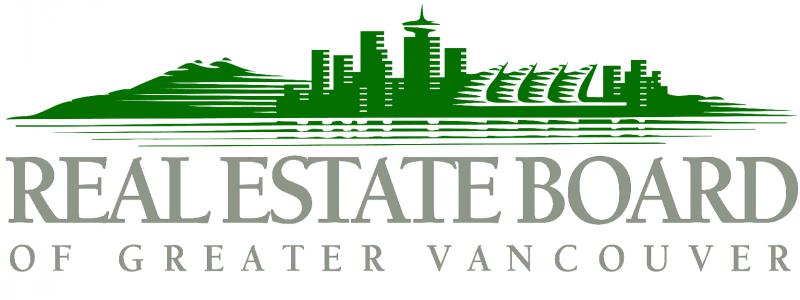
There was a lot of fuss about the new mortgage regulations back in December of 2015. A lot of people seemed to worry over the new rules. So what happened and what are the new Canadian mortgage regulations?
On December 11, 2015, the Canadian Department of Finance, the Office of the Superintendent of Financial Institutions (OSFI) and the Canada Mortgage Housing Corporation (CMHC) announced the forthcoming changes to existing federal rules for government-backed mortgage insurance, capital requirements for residential mortgages. In short government agencies decided to change some mortgage rules.
All properties priced over $500,000 (but under $1,000,000) will now require a minimum of 10% down payment. Before this change the minimum down payment was set at 5%. Starting February 2016, when you buy a property for $500,000 you will need to have a down payment of at least $50,000 (10%) instead of $25,000 (5%).
Buyers of properties under $500,000 can still get away with a minimum down payments of only five percent.
The change has occurred to decrease the risk associated with high ratio government insured mortgages. This was a predictable change as federal government has made several changes to the Canadian mortgage regulations since 2008.
News of the new Canadian mortgage regulations has made some people very upset. New rules will force a lot of Canadians save up twice as much money for the down payment.
DISCLAIMER: I am not a licensed mortgage broker. This article is for informational purpose only. Consult with your licensed mortgage broker or financial institution before making any decisions.


